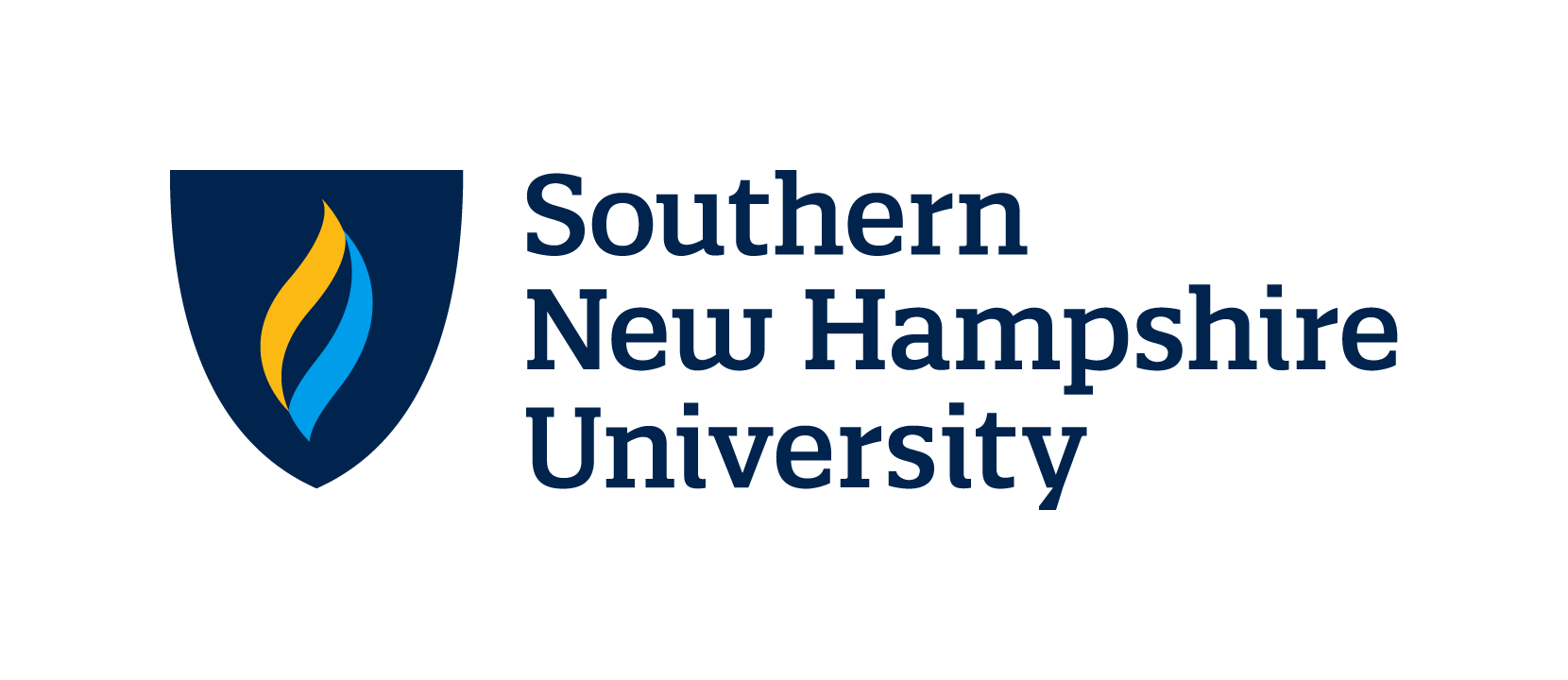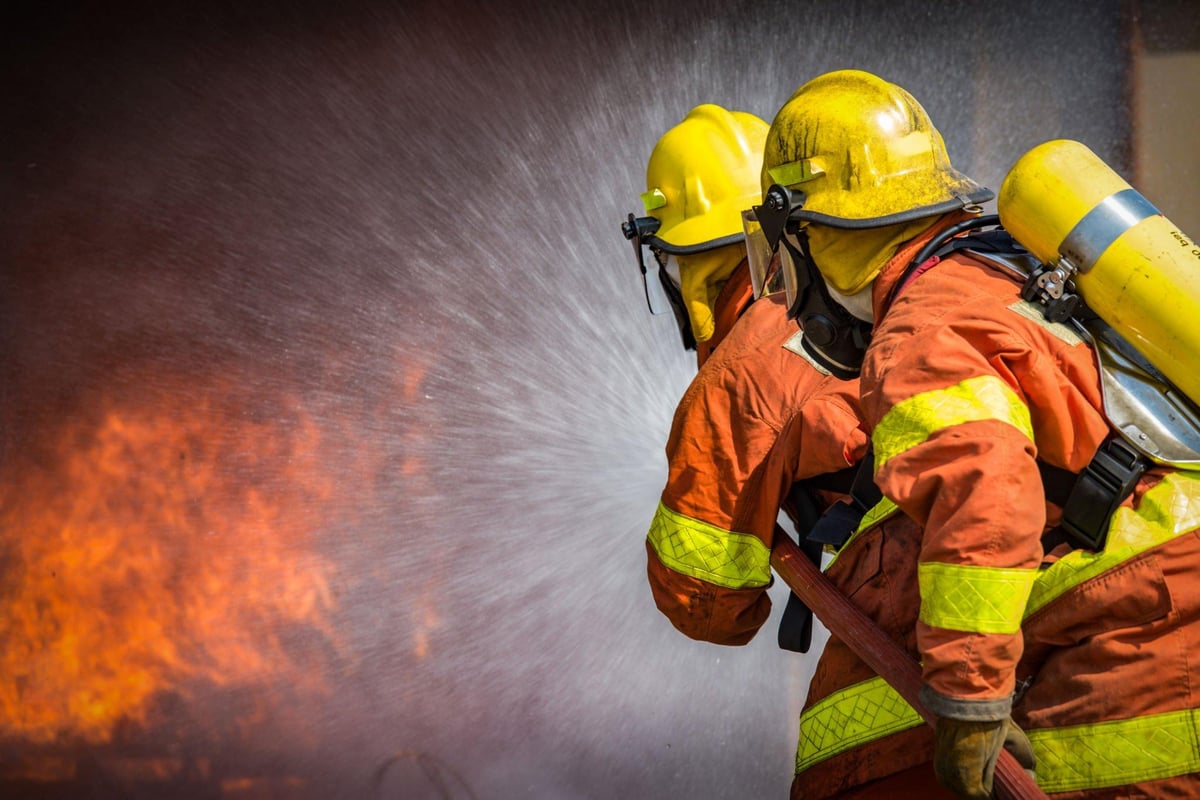Fire Science classes near me in Oxnard
In the Oxnard metro area, the average cost of a class is $10500 and the average class length is approximately 42 weeks long
Trade and industry classes near
Oxnard, CA 93030Online classes
Financial aid
Certificate
Short classes

Penn Foster
Diesel Mechanics/ Heavy Truck Maintenance Career Diploma
- Affordable, accredited, self-paced
- Students receive Snap-on tools discount

Southern New Hampshire University
BS Operations Management with concentration in Logistics and Transportation
- Complete your degree at your own pace
- 24/7 online accessibility

Penn Foster
Gunsmith
- Online, affordable, accredited, self-paced
- Learn how to get your FF license
Fire Science classes near me in Oxnard
Are you interested in a career in firefighting? Do you want to learn the skills and knowledge necessary to become a firefighter? If you're looking for fire science classes near you in Oxnard, look no further! In this blog post, we'll explore what fire science is, the training requirements, what to look for in a class, what to expect from the day-to-day class, the certification process, how to find related jobs, and other classes you can take after becoming a Fire Science professional.

Introduction
Fire Science is a field that encompasses the study of fire behavior, fire prevention, fire suppression, and fire investigation. It is a multidisciplinary field that combines elements of chemistry, physics, engineering, and emergency management. Firefighters play a crucial role in protecting lives and property by responding to fires and other emergencies. They are trained to extinguish fires, conduct search and rescue operations, provide emergency medical care, and educate the public on fire safety.
What is Fire Science?
Fire Science is the study of fire behavior, fire prevention, fire suppression, and fire investigation. It involves understanding the chemistry and physics of fire, as well as the techniques and strategies used to fight fires and keep people safe. Firefighters are trained to assess fire conditions, develop strategies for fire suppression, and implement tactics to control and extinguish fires. They also learn about fire prevention, including how to conduct fire inspections, educate the public on fire safety, and enforce fire codes and regulations.
Training Requirements
To become a firefighter, you typically need to complete a fire science training program and obtain certification. The specific requirements can vary depending on the state and organization you wish to work for. However, most fire science programs include both classroom instruction and hands-on training. Classroom instruction covers topics such as fire behavior, fire prevention, hazardous materials, emergency medical care, and building codes. Hands-on training includes practical exercises in firefighting techniques, search and rescue, and emergency medical care.
What to Look for in a Fire Science Class
When searching for fire science classes near you in Oxnard, there are a few key factors to consider:
-
Accreditation: Ensure that the program is accredited by a recognized accrediting body. This ensures that the program meets certain standards of quality and prepares you for a career in firefighting.
-
Curriculum: Review the curriculum to make sure it covers all the necessary topics for a comprehensive understanding of fire science. Look for courses that cover fire behavior, fire prevention, fire suppression, hazardous materials, emergency medical care, and building codes.
-
Hands-on Training: Look for programs that offer hands-on training opportunities. Firefighting is a practical skill, and it's important to gain experience in real-world scenarios. Look for programs that offer practical exercises, simulations, and opportunities to work alongside experienced firefighters.
-
Experienced Instructors: Research the instructors' qualifications and experience. It's important to learn from instructors who have real-world experience in firefighting and can provide valuable insights and guidance.
What to Expect from the Day-to-Day Class
Fire science classes typically involve a combination of classroom instruction and hands-on training. In the classroom, you can expect to learn about fire behavior, fire prevention, hazardous materials, emergency medical care, and building codes. You will also learn about the different types of firefighting equipment and techniques used in fire suppression.
Hands-on training may involve practical exercises in firefighting techniques, search and rescue, and emergency medical care. You may have the opportunity to work with firefighting equipment, such as hoses, ladders, and breathing apparatus. You may also participate in simulated fire scenarios to practice your skills in a controlled environment.
The Certification Process
After completing a fire science training program, you will need to obtain certification to work as a firefighter. The specific certification requirements can vary depending on the state and organization you wish to work for. In general, you will need to pass written and practical exams to demonstrate your knowledge and skills in firefighting. You may also need to meet other requirements, such as completing a physical fitness test and undergoing a background check.
How to Find Related Jobs
Once you have completed your fire science training and obtained certification, you can start looking for firefighting jobs. There are several ways to find related jobs in the field:
-
Local Fire Departments: Check the websites of local fire departments for job postings. Many fire departments have recruitment pages where you can find information on current job openings and the application process.
-
Networking: Reach out to contacts in the firefighting community, such as current firefighters or instructors from your training program. They may be able to provide information on job opportunities and help you make connections in the field.
Other Classes to Consider
Once you have become a Fire Science professional, there are additional classes you can take to further enhance your skills and knowledge in the field. Some of these classes include:
-
Advanced Firefighting Techniques: These classes delve deeper into the strategies and tactics used in fire suppression. They may cover topics such as high-rise firefighting, wildland firefighting, and hazardous materials response.
-
Emergency Medical Technician (EMT) Certification: Many firefighters are also trained as EMTs to provide emergency medical care. EMT certification classes teach skills such as CPR, basic life support, and patient assessment.
-
Incident Command System (ICS) Training: ICS training prepares firefighters to take on leadership roles in emergency incidents. These classes cover topics such as incident management, resource allocation, and communication systems.
Final Thoughts
If you're interested in a career in firefighting, fire science classes can provide you with the knowledge and skills you need to succeed. By completing a fire science training program and obtaining certification, you can embark on a rewarding career that involves helping others and making a difference in your community. Remember to review the curriculum, look for hands-on training opportunities, and consider additional classes to further enhance your skills. For more information on fire science classes near you in Oxnard, visit Dreambound, the largest platform for students to find vocational training programs. Dreambound's mission is to provide all the information students need to find the perfect class.
With Dreambound's comprehensive collection, understand the certification process in this field for different cities. Looking for info on other states? Our additional guides are here to help.
- How to Become a Firefighter in Alaska
- How to Become a Firefighter in Indiana
- How to Become a Firefighter in Nebraska
- How to Become a Firefighter in Oklahoma
- How to Become a Firefighter in Vermont
Contemplating a transition in your career or exploring various professional paths? Dreambound has written many guides to help you in making informed decisions. Here are a few:
FAQ
What is Dreambound?
Dreambound is the largest platform for students to find career & technical training programs. While we can't guarantee a career outcome, our mission is to provide all the information you need to find the perfect program for you.
What programs do you offer?
Dreambound has over 70 programs across healthcare, technology, business, and industrial trades. This includes programs such as Medical Billing, Cybersecurity, and welding.
Do you offer financial aid?
Some of our schools offer financial aid for those who qualify. Many others offer payment plans, where you can pay the cost of class over time.
Is it possible to do online classes?
Yes, Dreambound offers many online programs. On Dreambound's search, you can filter by online, in-person, and hybrid (part online, part in-person).